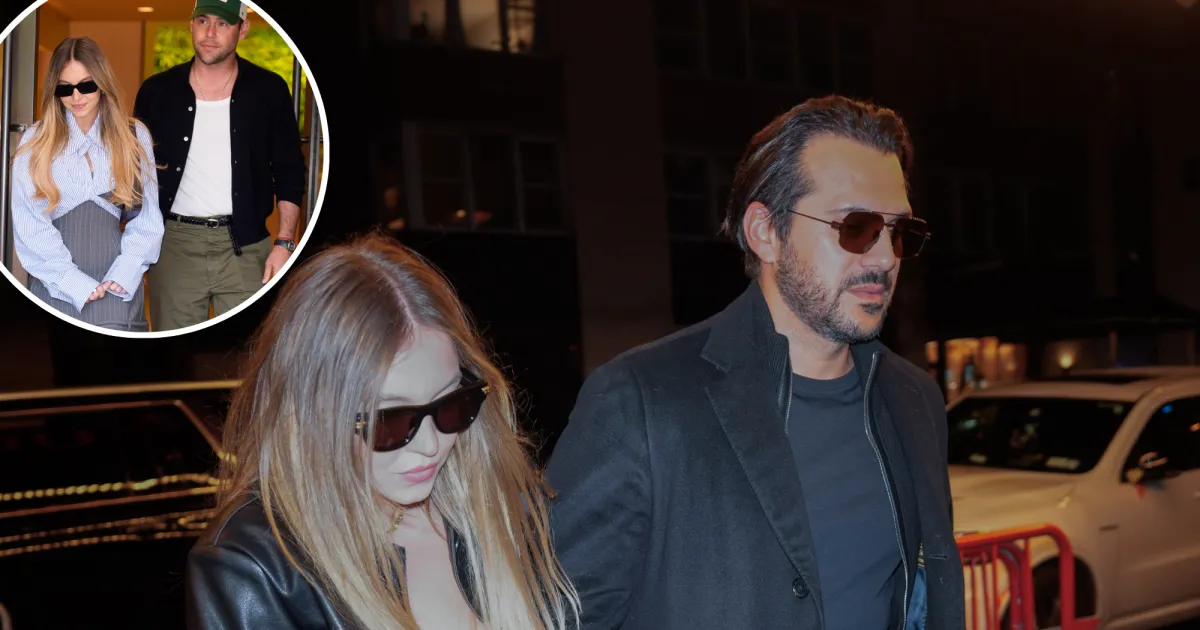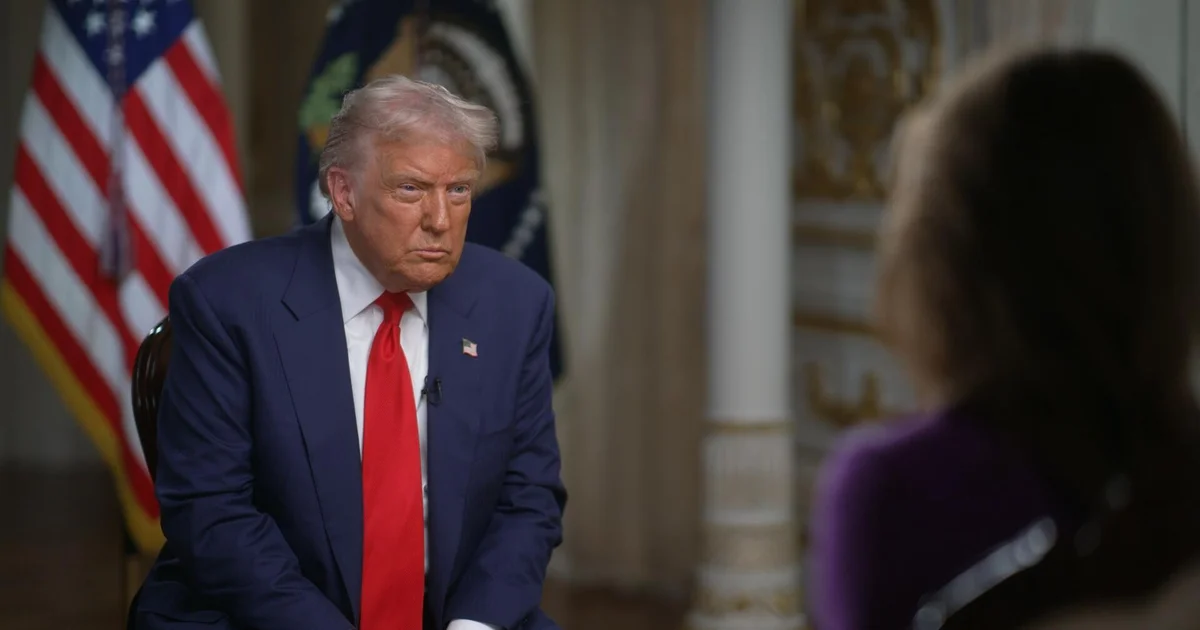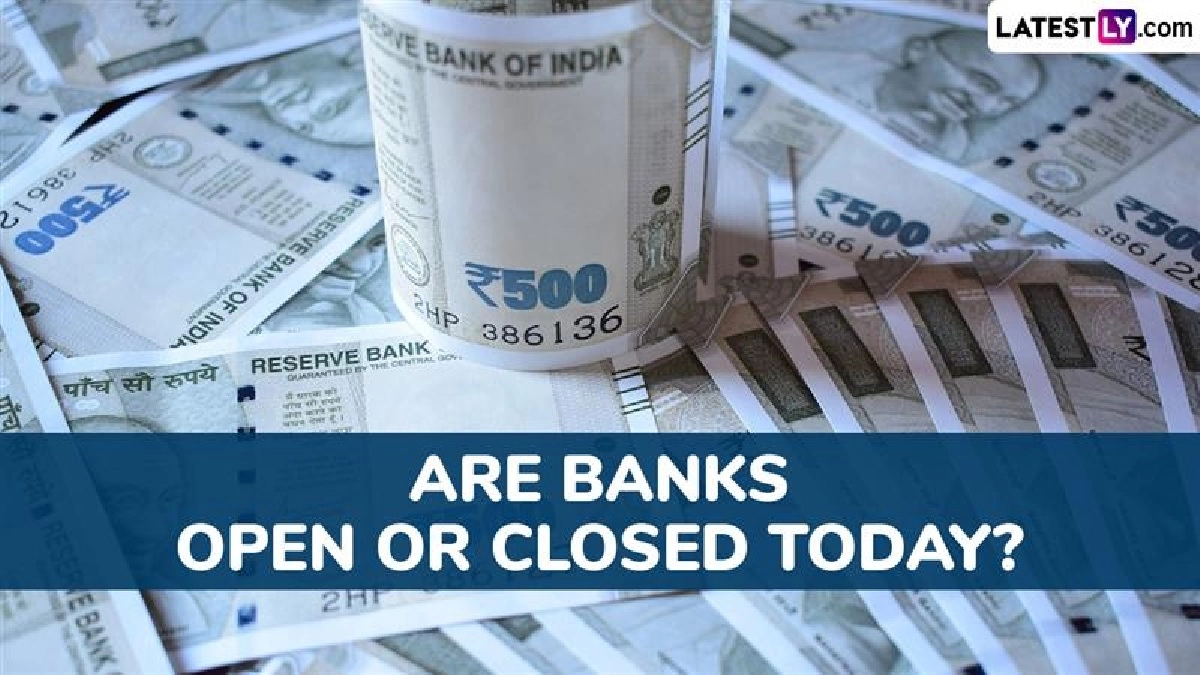Copyright ghanamma

NATO “will stand with Ukraine up to the day in which we will have them sitting around the table for a long-lasting peace”, a senior official from the military alliance has told the BBC. Admiral Giuseppe Cavo Dragone, chair of NATO’s military committee since January, added that from an operational point of view, he considered the Russia-Ukraine war was bogged down, and “it was almost time to sit and talk because it’s a waste of lives”. Pointing to the fact that Russia’s full-scale invasion of Ukraine in 2022 had resulted in two more countries joining the Western alliance – Finland and Sweden – Adm Dragone described the war as a strategic failure for Russian President Vladimir Putin, despite recent slow, incremental advances by Russia on the battlefield. “They will not get a friendly or puppet government like in Belarus. Putin will not succeed.” Asked if European nations were prepared to keep going with supporting Ukraine’s defence, he said they were. It was beneficial, he believed that they had had something of a wake-up call and were now taking charge of their own defence. In June, NATO members agreed to raise their defence spending to 5% of GDP by 2035. The move followed repeated urges from US President Donald Trump for members to do so. On Russia’s recent announcement about long-range, nuclear-powered weapons like the Burevestnik and the Poseidon, the former Italian chief of defence staff and naval aviator played down concerns by NATO, saying that it was a defensive nuclear alliance. “We are not threatened by them,” he said, “we are just ready to defend our 32 nations and our one billion people. We are a nuclear alliance.” On the risk of future invasions or attacks, Adm Dragone said if – and he emphasised the conditional here – there was to be anywhere it would likely be the Baltic states: Estonia, Latvia and Lithuania. But he pointed out that as NATO states, Article 5 would be requested, which considers an attack on one nation to be equivalent to an attack on all, and that NATO would come to their defence. Asked if that included the US, he replied: “Yes, because they have committed to this and they have underlined that they are still in the business.”



